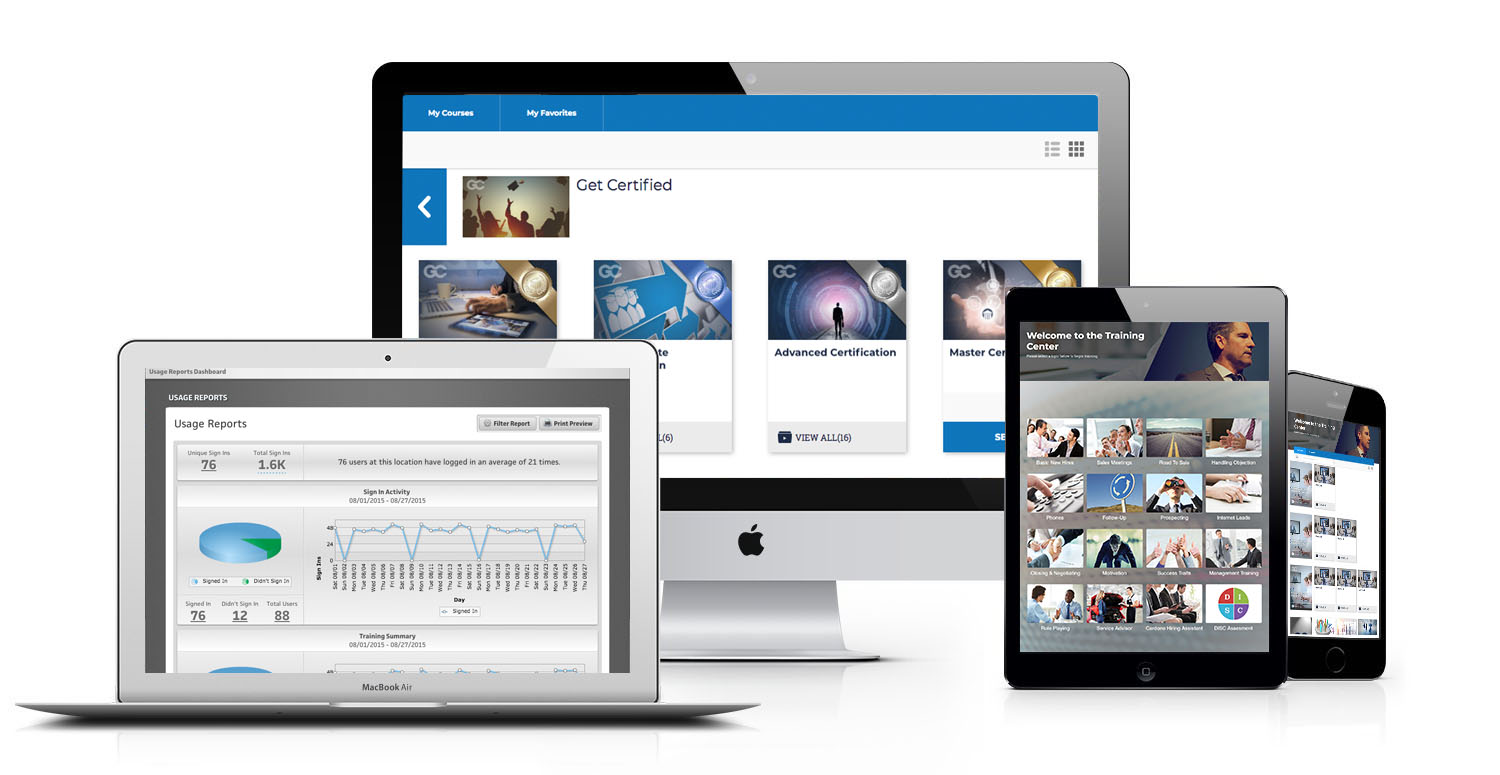How to avoid asking What’s your budget?
What’s your budget? How much were you looking to spend? What kind of payment are you looking for? These are qualifying questions that salespeople tend to ask with great frequency. They are also ironically, even with the best of intentions, setting the wrong tone for the customer and the sales person.

In a selling situation, it is very easy to get caught up in the price.
Price can become one of those never ending cycles. Salespeople will tell you that the customer only wants the best price and the customer will concur. However, keep in mind, more often than not, the industry itself trained the customers to function that way. Look at all the advertising that goes out, then consider how often people pay more for the right product, service or experience. If it was really ALL about price, then why is there a Waldorf Astoria? Why is Mercedes-Benz even in business? How has Disneyland and Nordstroms stayed open all this time? How many $5 lattes does Starbucks sell all day long?
For many, understanding someone’s budget is an essential piece to making the sale.
A sales person wants to be sure they show and present the right product. So, why wouldn’t they just come out and ask the question? “Sir, what have you budgeted for this widget?” Ma’am, how much are you looking to spend?” At it’s simplest, it’s a Catch-22. Bottom line though, it’s an insulting question.
Let’s refer to a sales expert here.
In Grant Cardone’s book, Sell Or Be Sold, Grant will tell salespeople to “Treat ’em like millionaires.” All of them, everyone, except for millionaires. Millionaires will need to be treated like billionaires! Follow? Grant will also say that people will act according to the sales person’s attitude. “Treat them like they can buy and they will buy.” No customer ever wants to be made to feel poor. Asking a customer about their budget puts a limit on everything. What they can spend, what a sales person will show, how well they will service them after the sale, everything.
All this being said, wouldn’t it help, though?
Really? Wouldn’t you like to know that? Doesn’t that seem like valuable information? As a sales person it’s important to show the right product and qualify that you have a buyer here, right? So, how can a professional sales person understand their buyer better and make sure they are introducing them to the right product or service?
Simple. Figure out their current situation. As an example, in a furniture store, a client comes in looking for night stands. The salesperson can say, “What are looking to spend?” Which limits the entire scenario.
What if the sales person asked these questions instead?
- Have you ever shopped with us before?
- What kind of nightstands do you have now?
- Where do you normally buy your furniture?
- Is this for an apartment or house?
- What other furniture do you have in your bedroom now?
- What do you like about your bedroom now?
- In addition to the night stands, is there anything else you’d like to change or add to your bedroom?
These are questions that stimulate a conversation.
Will the salesperson be able to isolate the clients budget based on deductive reasoning? When asked “What kind of nightstands do you have now?” If the client says, “Solid oak nightstands, been in the family for 60 years, my son’s getting married, moving out and taking them with him, it’s a family tradition.” What did you just learn? Will money be the issue here?
What if the buyer says this, “We normally buy our furniture at swap meets and thrift stores.” What did you learn?
“What do you like about your bedroom now, Mr. Customer?”
“Well, to tell you the truth, we hate it. All our pieces are hand me downs, my wife and I are looking to recreate our bedroom and we’re going to do it one piece at a time because….” Wait for it…. “we’re on a limited budget.” AH-HA! They brought it up all by themselves! Why? Because the sales person asked questions that showed she was genuinely interested in them, not their wallet. And therein lies the moral of the story.
Show genuine interest in your buyer.
Treat them like they can buy and they will buy. Professional sales people look to serve and help first and let the commission show up on it’s own. The budget will take care of itself.
